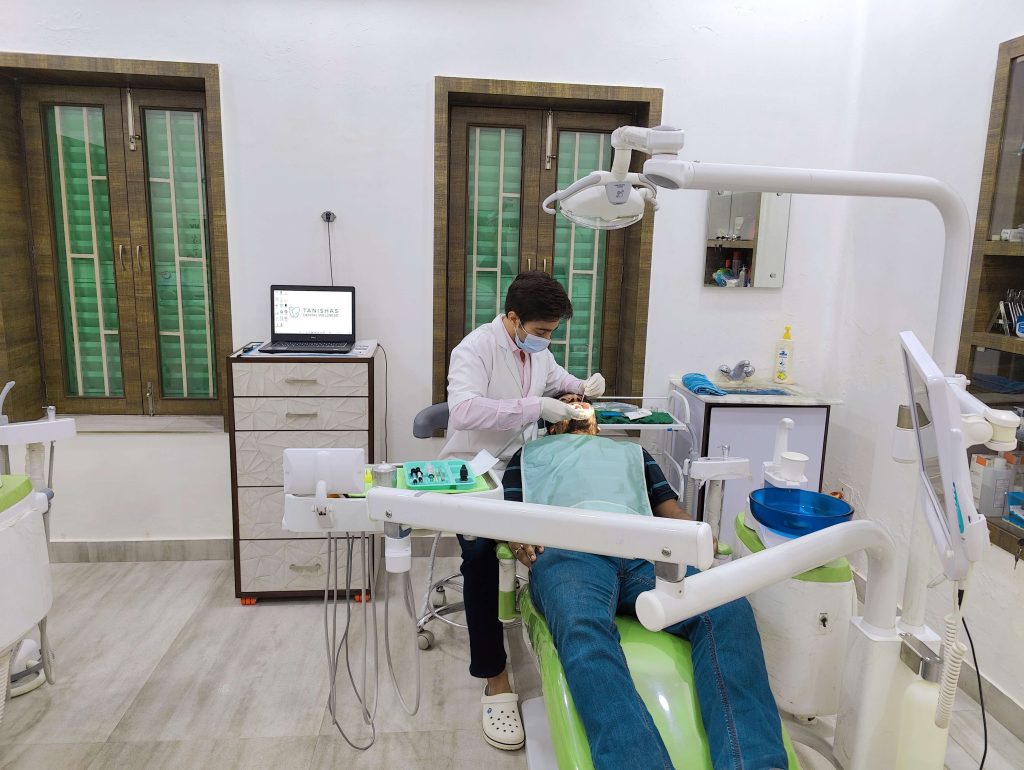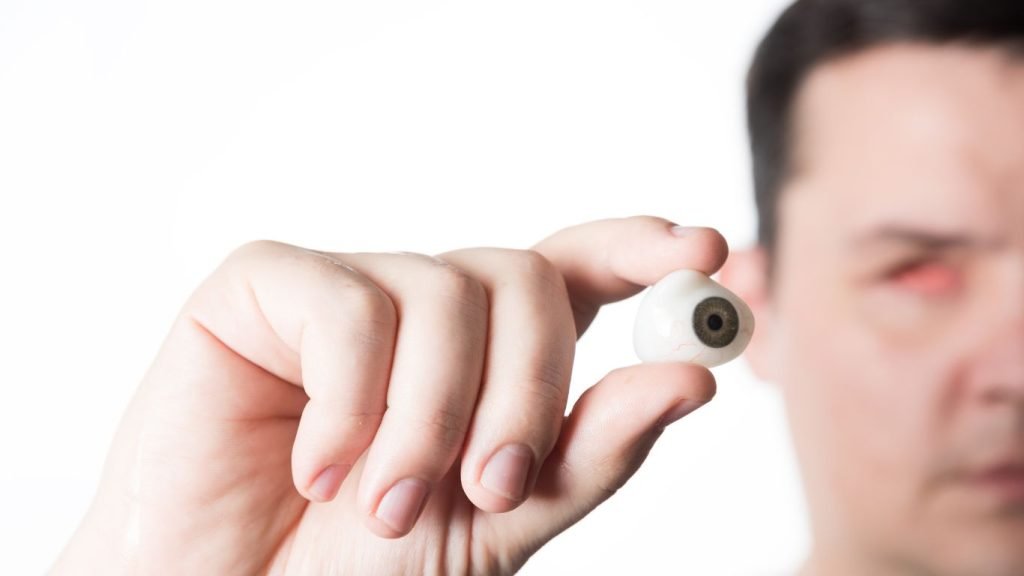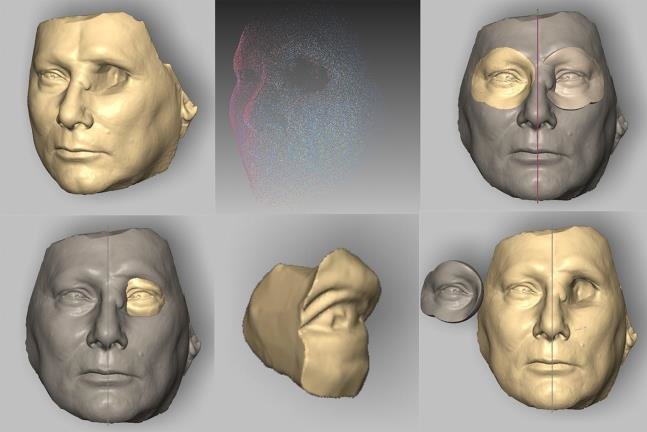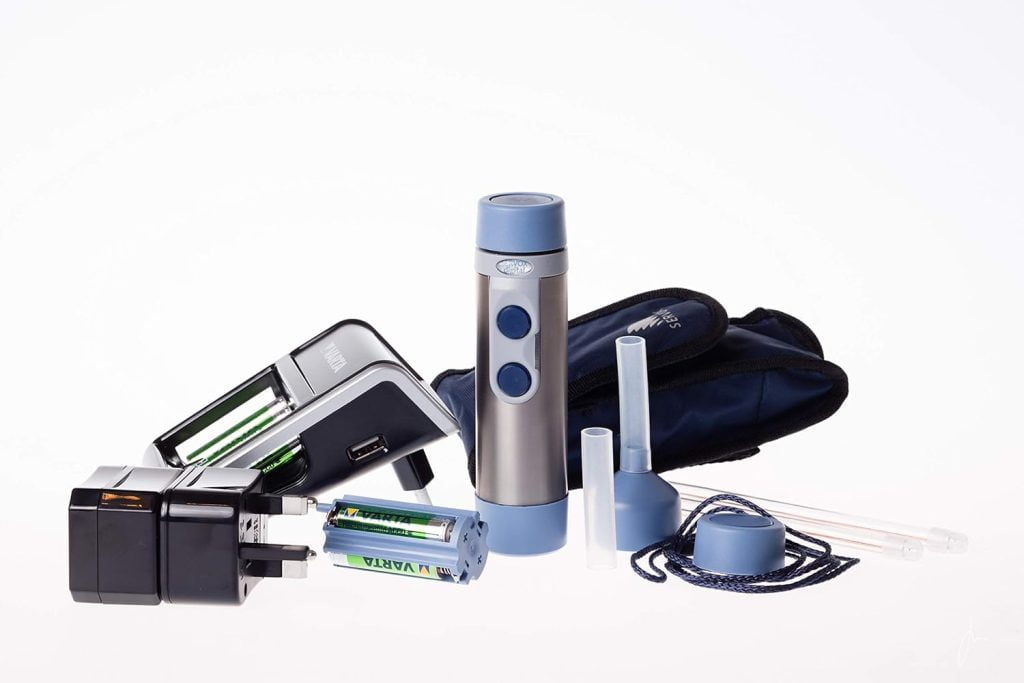Maxillofacial Prosthodontics
- Home
- Our Services
- Maxillofacial Prosthodontics
What is Maxillofacial Prosthodontics?
Maxillofacial Prosthodontics is a specialised field of dentistry dedicated to improving both the function and aesthetics of oral and facial structures, including those affected by conditions or trauma that affect the face, mouth or speech. Custom prosthetic solutions may be designed for individuals affected by any such conditions or trauma that has altered these areas.
In Maxillofacial Prosthodontics, a personalized approach is essential. Whether it’s replacing missing teeth using dental implants , restoring facial appearance, or improving speech, customization ensures the best possible results and a higher quality of life.
Why Choose Tanisha Dental Wellness For Maxillofacial Prosthodontics?
- Our team comprises of highly qualified specialists who possess extensive experience in dentistry. These experts are committed to providing exceptional care and ensuring optimal oral health.
- Tanishas Dental Wellness boasts advanced technology and innovative techniques that enable the provision of accurate diagnoses and treatments.
- We recognize the uniqueness of each patient and their distinct oral health requirements. We customize our treatments to cater to specific individual needs, ensuring personalized care for all.

Treatment Options
1. Orbital Prostheses
Overview
Orbital Prostheses are custom-made artificial eye replacements that are designed to restore the appearance of the eye socket and facial structure. These are created to mimic the natural appearance of the eye incorporating natural hair to reproduce lashes, and eyebrows, and texture, colour of the skin to make it look cosmetically providng cosmetically pleasing. This is the best solution for individuals who have lost an eye due to trauma, disease or congenital conditions.
When Its Needed?
Orbital prostheses are indicated for individuals who have
- Surgical removal of the eye due to eye trauma, diseases or congenital conditions.
- Eye loss resulting from severe infections
- Suitable for both children and adults who wish to regain a natural-looking appearance of the eye socket.
Orbital prostheses are commonly recommended for individuals facing the above conditions, offering them a cosmetic solution to eye loss.
Procedure
The orbital prostheses process involves several steps as follows:
- First, the eye socket is taken out to ensure a perfect fit.
- A customised prosthetic eye is designed to match the colour, size and shape of the remaining eyes, using high-quality materials such as medical-grade silicone.
- Then the prosthesis is carefully fitted and adjusted to achieve a natural look.

Benefits
Cosmetic Restorations: This procedure provides a natural appearance, helping individuals to gain confidence and overall facial symmetry.
Customised solution: Each prosthesis is designed and customised to match the patient’s facial features ensuring a comfortable fit.
Orbital prostheses play a vital role in helping individuals lead a confident life after eye loss providing cosmetic and psychological benefits.
2. Facial Prostheses
Overview
A facial prosthesis refers to an artificial replacement used to enhance specific facial features, resulting in an improved appearance. These prostheses are meticulously tailored to provide individuals with a naturally pleasing look, contributing to overall facial symmetry enhancement.
When do you need Facial Prostheses?
Facial prostheses are indicated for individuals who require the reconstruction of facial features. Common indications include
- Loss or deformity of facial structures due to congenital conditions.
- Facial trauma resulting in disfigurement.
- Surgical removal of facial tissue or features, often due to cancer or severe injuries.
These prostheses are suitable for both adults and children who wish to regain facial symmetry and aesthetics.
Procedure
The creation of facial prostheses involves precise steps:
- Initially an impression of the patient’s facial area is obtained to ensure a precise fit.
- The prosthesis is custom-designed to match the patient’s unique facial features, size, and colour.
- The prosthesis is fitted to the patient’s face, and adjustments are made to achieve a comfortable and natural appearance.

Benefits
- Facial prostheses offer a realistic appearance, helping individuals regain facial symmetry and self-esteem.
- Restoring facial appearance can significantly improve emotional well-being and quality of life.
- Each prosthesis is individually tailored to match the patient’s unique features, ensuring a natural and comfortable fit.
Facial prostheses play a vital role in helping individuals rebuild their lives by restoring their facial appearance and confidence.
3. Dental Prostheses
Overview
Dental prostheses serve as specialized devices, specifically designed to address the issue of missing teeth or parts of the oral cavity. By restoring both functionality and aesthetics, they enable individuals to regain their natural smile. These prostheses come in different forms, including dentures, dental bridges, and dental implants. Each prosthetic is tailor-made to cater to the unique needs of every patient, ensuring a comfortable fit and a visually pleasing outcome.
When Its Needed?
Dental prostheses are indicated for individuals with
- Missing teeth due to injury, decay, or extraction.
- Tooth loss affects speech, eating, and overall oral function.
- A desire for an improved smile and enhanced self-confidence.
Procedure
- Assessment and planning: The dentist evaluates the patient’s oral health and discusses the most suitable prosthesis.
- Impression and fitting: Accurate impressions of the oral cavity are taken to create a custom prosthesis.
- Placement: The prosthesis is carefully fitted to ensure comfort and functionality.

Benefits
- Restored oral function: Dental prostheses enable proper chewing and speech.
- Enhanced appearance: They improve the aesthetics of the smile.
- Confidence boost: Patients regain self-assurance with a complete set of teeth.
4. Speech Aids
Overview
Speech aids are specialized devices created to assist individuals facing speech difficulties. These challenges may arise due to neurological conditions, injuries, or congenital factors.These aids come in diverse forms, including communication boards, electronic devices, and software applications.
When Its Needed?
Speech aids are indicated for:
- Individuals with speech disorders, such as aphasia, dysarthria, or apraxia.
- People with communication difficulties following injuries or neurological conditions.
- Those seeking alternative methods to express themselves.
Procedure
The procedure includes:
- In the evaluation process, speech therapists carefully assess the unique speech needs and abilities of their patients.
- Device selection becomes a thoughtful process when choosing the appropriate speech aid, taking into account the individual’s unique condition

Benefits
- Improved communication: Speech aids help individuals express themselves more clearly.
- Independence: They empower individuals to communicate without relying on others.
- Enhanced quality of life: Better communication fosters social interaction and confidence.
Dental prostheses and speech aids play essential roles in enhancing oral health and communication for individuals with specific needs.
FAQ
Maxillofacial Prosthodontics provides various solutions, and one such example is the orbital prosthesis. This specialized prosthetic device is designed to replace missing or damaged facial.
Maxillofacial prosthetics have a primary goal to enhance one’s appearance, improve functionality, and restore their overall quality of life following facial defects resulting from trauma, surgical interventions, or congenital conditions.
In maxillofacial surgery, various procedures are performed to address different issues. These include orthognathic surgery for realigning the jaw, surgical treatment of facial trauma, repair of cleft.
People with facial deformities, trauma victims, and those with congenital conditions may need maxillofacial surgery.
In maxillofacial prosthodontics, various materials are utilized to create facial prostheses that closely resemble real features. These include silicone, acrylic, and metals for creating lifelike facial prostheses.
The benefits of maxillofacial prosthetics are numerous. They encompass improved appearance, speech, and overall functioning. These improvements contribute significantly to an individual’s self-esteem and

